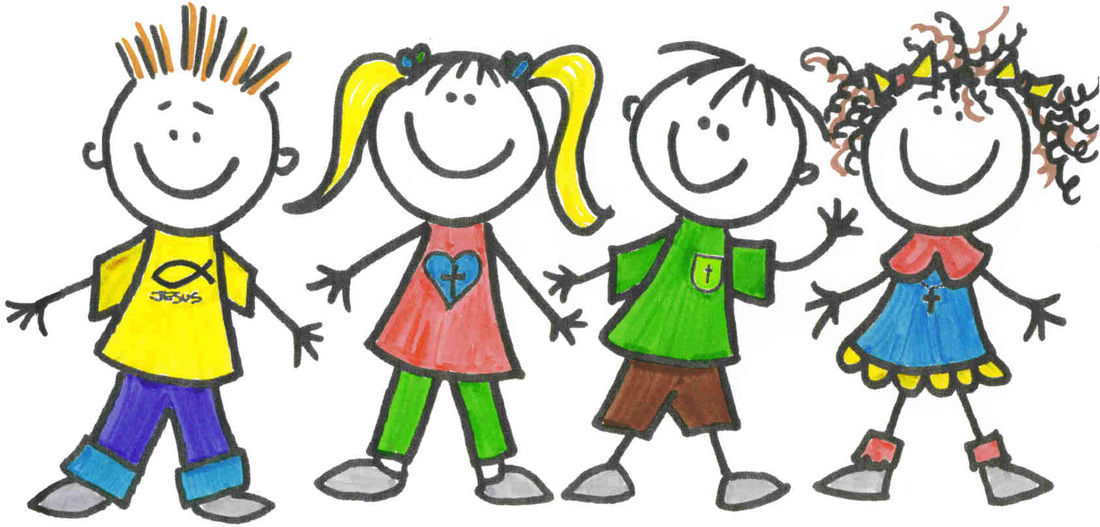
Children who do not socialise with their same-age peers at a young age can have serious consequences for their social, emotional and cognitive development. One significant disadvantage is the potential for social skill stunting. Interaction with peers of the same age allows children to develop important social skills such as communication, cooperation, empathy and conflict resolution. These abilities are developed through practice and experience in social situations where children learn to navigate social norms and form relationships. Without peer interactions, children may struggle to develop these skills and may face difficulties forming meaningful connections and understanding social cues as they grow older.

Image Credit: https://clipart-library.com/clipart/playdate-cliparts-6.htm
Another disadvantage is the loss of peer learning opportunities. Interaction with peers provides children with valuable learning opportunities. They learn new behaviours, language skills and problem-solving strategies by observing and imitating their peers. As children collaborate on projects and learn from each other’s strengths and perspectives, peer interactions foster creativity, critical thinking and cooperation. Children who deny these opportunities may miss out on valuable learning experiences and alternative ways of thinking.
Furthermore, not socialising with peers of the same age can stifle the development of emotional intelligence. Peer interactions allow children to understand and manage their emotions in a variety of social contexts. Through navigating conflicts and negotiating friendships, they learn to empathise, regulate their emotions and develop resilience. Children may struggle with emotional expression, empathy and self-regulation if they are not exposed to these experiences.
In addition, limited socialisation with peers of the same age can lead to feelings of social isolation and a lack of belonging. Children have a natural desire to connect with their peers, form friendships and find their place in social groups. Isolation from peers of the same age can lead to feelings of loneliness, low self-esteem and difficulties forming relationships later in life.
In conclusion, children who fail to socialise with their same-age peers at a young age can have serious consequences. It may impede the development of essential social skills, limit peer learning opportunities, impair emotional intelligence and lead to feelings of social isolation. Encouraging children to interact with their peers in a safe environment promotes their social, emotional and cognitive development, providing them with the tools and experiences they need to have healthy development and successful social interactions throughout their lives.

Image Credit: https://tenor.com/en-SG/search/playdate-gifs


